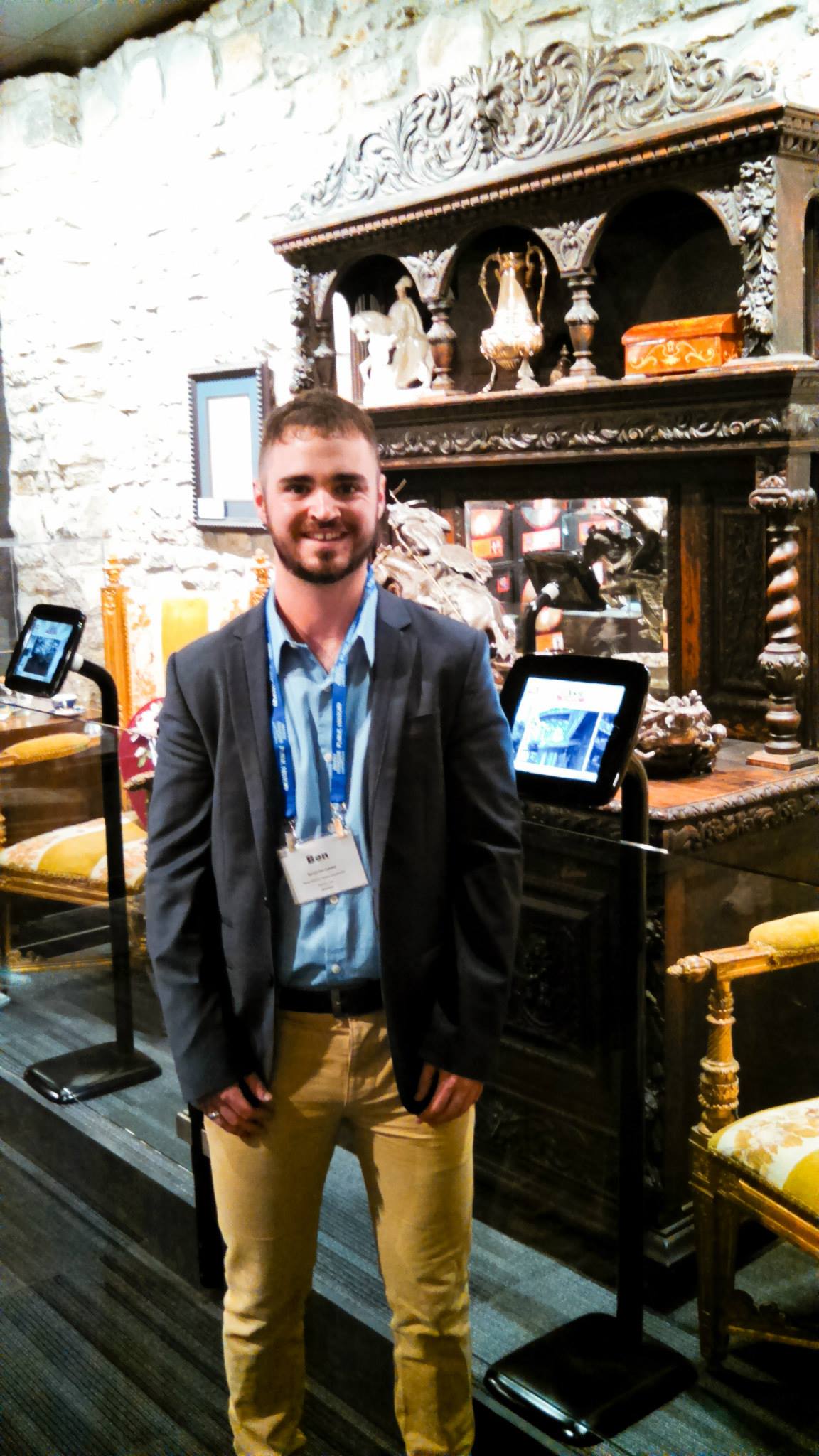What is history?

The word ‘history’ is often used as an umbrella term for memories, nostalgia, heritage and the past.
When we use these terms interchangeably the important subtleties between them are lost.
This post is the first in a series where we’ll be diving into the nuances between these phrases and why they matter.
But first, we need a definition – what is history?
Background
I started asking this question during my undergraduate degree in American studies at the University of Warwick.
But, it was only when I entered the public history MA programme at New Mexico State University in the USA that I really confronted this question.
I went to a diverse and complex part of the world as a white British man in his early twenties – enthusiastic and excited, but in many ways naïve.

Safe to say, my ideas about history and how we tell stories about the past had to adapt and expand accordingly.
Fortunately, my MA adviser – Dr Peter Kopp– was a terrific mentor who truly helped me grow as a historian and person. Still does in fact, he remains a dear friend years after I graduated.
After completing my studies I stepped into the world of work as a public historian – first as a historic sites ranger in the USA and now as an archivist and editor for a regional newspaper company back in the UK.
Those are the experiences that shaped my understanding of history.
What does the dictionary say?
The Oxford English Dictionary subdivides the definition of ‘history’ in twelve ways.
Don’t worry, this post isn’t a mind-blowingly dull breakdown for all of them.
But touching briefly on a few that matter is important.
The first definition is as follows:
Senses relating to the narration, representation, or study of events or phenomena.
It proceeds:
A written narrative constituting a continuous chronological record of important or public events (esp. in a particular place) or of a particular trend, institution, or person's life. Common in the titles of books.
Maybe, to cover their backs with history that lives outside the written word, they add:
A narration of incidents, esp. (in later use) professedly true ones; a narrative, a story.
Once we hit the second of the twelve definitions, we start to see things fill out even more:
The branch of knowledge that deals with past events; the formal record or study of past events, esp. human affairs. Also: this as a subject of study.
So far, the big ideas worth noting are “formal record or study” and “a narration of incidents”.
It suggests that history is a discipline, process or practice that culminates in storytelling.
We have the ingredients for a nuanced definition.
But when we think of history, our minds run off in several different directions.
For instance, common understandings of history include:
- History is the past: It’s what happened ten days, decades or centuries ago.
- History is identity: The experiences of our generation, ancestors, country and people shape who we are.
- History is a crystal ball: Past success or strife offers a blueprint for the future.
- History is a tool: It is wielded for social, political, or cultural agendas in the present.
- History is fickle: Notions of subjectivity and author bias taint the idea of history for many people.
This is by no means a complete list of what history means for all people or across all times.
But these concepts either detach us from history as an entity (the past as something gone), describe its possible uses in the present (identity, crystal ball, tool) or allude to its reception and the contestation over telling stories (fickle).
These are all crucial interpretations and historians need to factor them into their work.
But they do not define the practice of history underlying it as a process.
Distilling a definition
There is an underlying theme to the conceptions of history we have encountered so far: change.
The narratives, events, eras, identities, predictions, pursuits or phenomena we are exploring are underpinned by change and what that meant then or means today.
We used to do an exercise in grad school: take a book or article and summarise it in one sentence.
It was a tough task the first few times.
But you then develop a knack for identifying the key takeaways or big ideas. You get better at refining them into micro-concepts that capture entire texts succinctly.
So here goes, my stab at a one-sentence summary of history:
History is the disciplined study of change over time culminating in storytelling characterised by analysis and interpretation.
This definition captures the key elements of history:
- It is a process.
- It relays a narrative.
- It offers informed insights.
How do you define history?
Comment below and join the conversation or follow me on Twitter to let me know your thoughts.
Know someone that might enjoy this post?
Please do share it with them directly or on your social media platform of preference.
Thank you for stopping by
If you enjoyed this blog post and it added value, you might like to sign up for my email newsletter so my future posts wind up in your inbox.
Click on the subscribe button below and enter your email address so you stay in the loop.





Member discussion